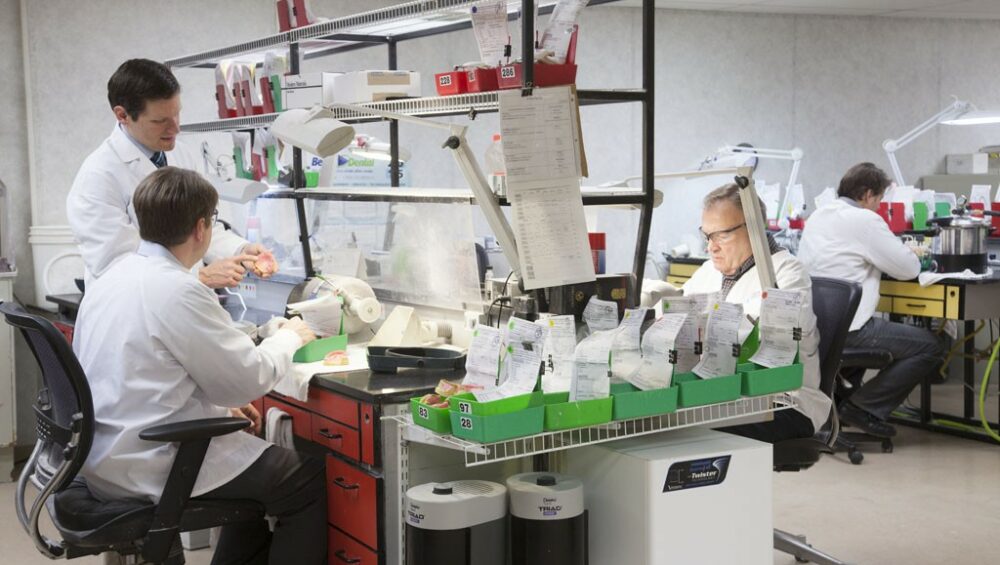1. Personalized Medicine: Developing drugs and treatment plans that are tailored to individual patients based on their genetic makeup, lifestyle, and other personal factors.
2. Immuno-oncology: Advancement in the field of cancer immunotherapy, which uses the body’s immune system to fight cancer cells.
3. Gene Therapy: Utilizing genetic material to treat or prevent diseases by introducing genes into a patient’s cells.
4. Precision Medicine: Employing advanced technologies like genomics, proteomics, and bioinformatics to identify specific characteristics of diseases and develop targeted therapies.
5. Artificial Intelligence (AI) and Machine Learning: Using AI algorithms and machine learning models to analyze large datasets, integrate information from different sources, and aid in drug discovery and development.
6. Biologics and Biosimilars: Developing complex biological molecules (biologics) as therapeutics, as well as creating safe and affordable alternatives (biosimilars) for previously approved biologic drugs.
7. Drug Delivery Systems: Enhancing drug delivery methods to improve drug efficacy, safety, and patient compliance, such as developing innovative sustained-release or targeted delivery systems.
8. Digital Health Technologies: Incorporating digital tools, such as wearables, sensors, telemedicine, and smartphone applications, to collect real-time data for better diagnosis, treatment monitoring, and patient care.
9. Neurodegenerative Diseases: Increased focus on researching and developing treatments for diseases like Alzheimer’s, Parkinson’s, and ALS.
10. Antibiotic Resistance: Addressing the growing problem of antibiotic resistance by developing new classes of antibiotics, alternative treatment methods, and better diagnostic tools.




